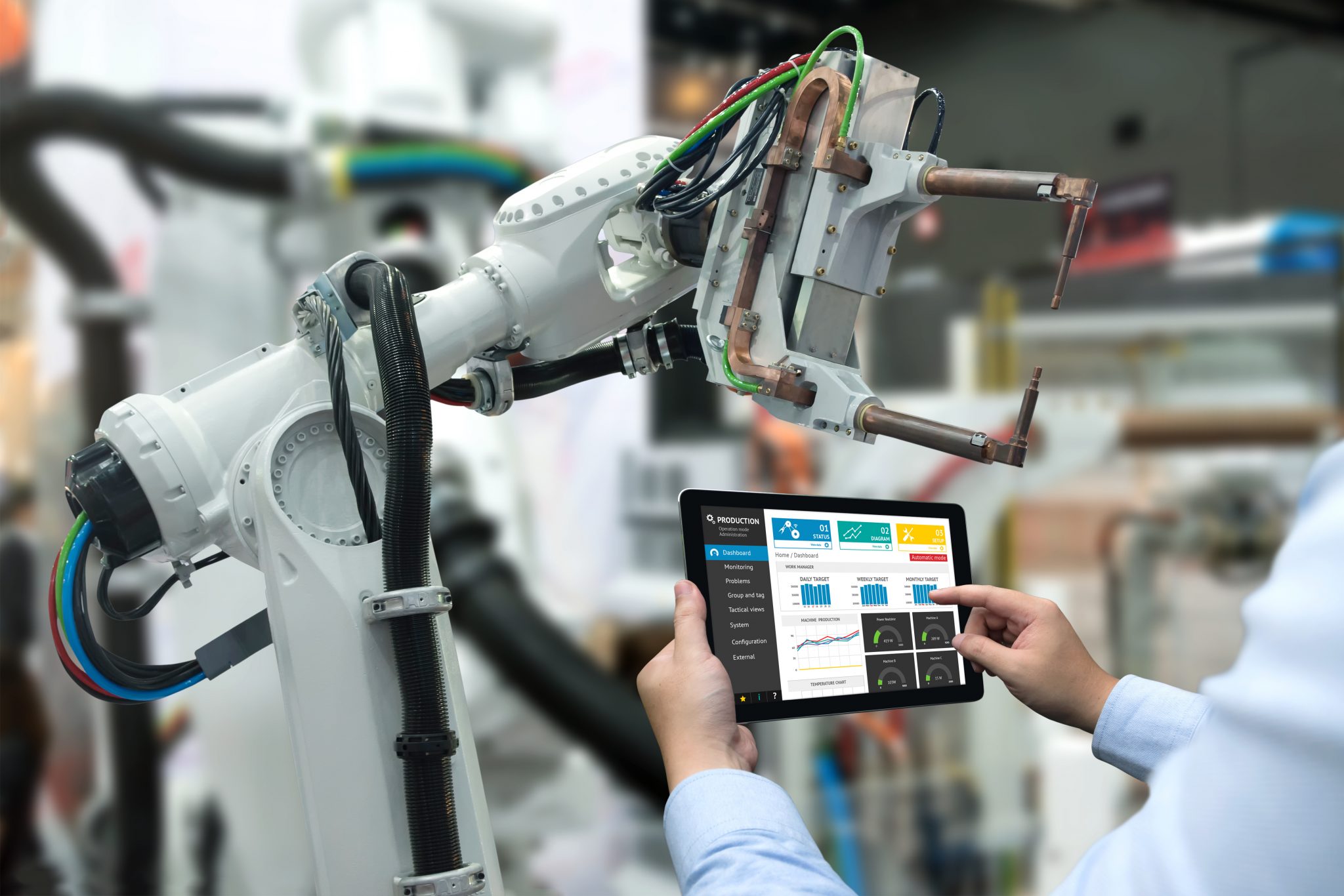KION Group AG is pursuing its growth strategy with the construction of a new industrial truck plant in Kołbaskowo, near Szczecin in Poland. Capital expenditure on this project will amount to over €60 million, and KION, a global leader in logistics, will be creating more than 150 jobs at the site by 2023. Construction on the plant will commence this year, with the site set to come on stream in early 2021. The 18-hectare (approximately 44.5 acres) site will incorporate a cutting-edge production facility, a research and development center, and an administrative center covering almost 44,000 sq. meters.
The additional plant in Poland will complement KION Group’s existing production facilities across Europe and cater to customers with less intensive utilization in the EMEA region. “The new site in the heart of Europe will allow us to make further inroads into this fast-moving, high-potential market,” says Gordon Riske, Chief Executive Officer of KION GROUP AG. “The location near the German-Polish border has the additional benefit of easy access to an excellent network of suppliers,” he adds, highlighting the advantages of the new site. The plant in Kołbaskowo will produce Linde counterbalance trucks for loads up to 3.5 tonnes, including model series which are currently manufactured in Aschaffenburg (Germany) and Xiamen (China).
The KION Group aims to take even more advantage of growth in the intralogistics sector in the EMEA region through its Linde brand company. “The site in Kołbaskowo will provide us with the perfect springboard. The more than 150 new employees will benefit from a state-of-the-art working environment and the new research and development center will open up further opportunities,” says Riske.




